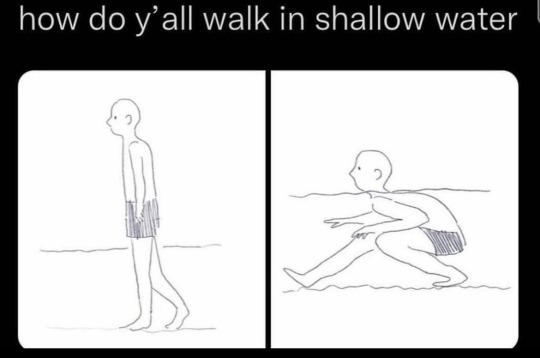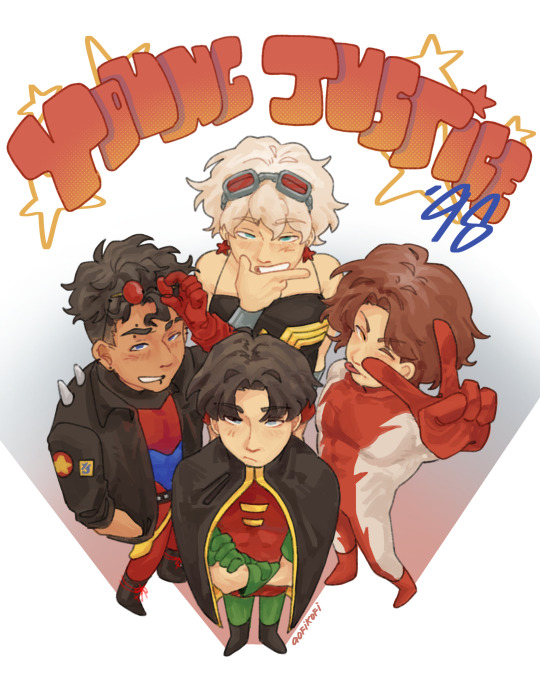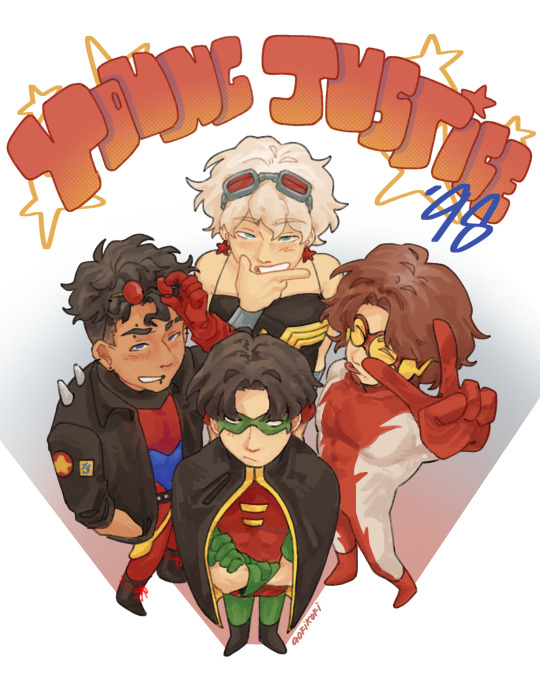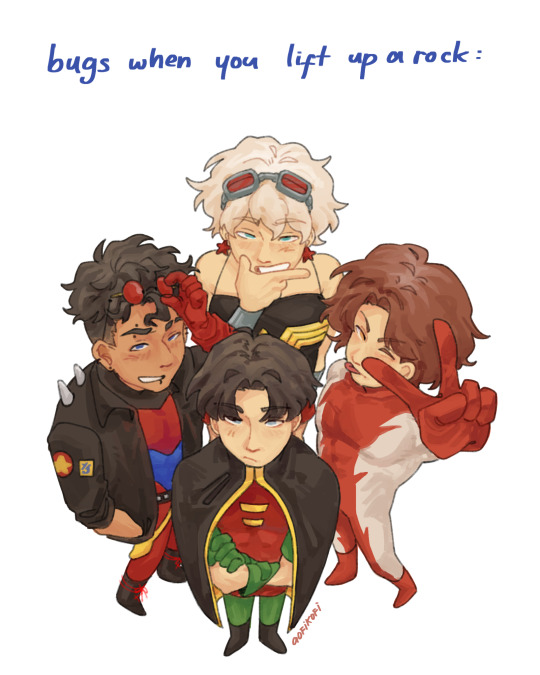Video
130K notes
·
View notes
Text
observation: among a certain subset of tumblr users, the term “blorbo” has become unchic, but the concept it describes is still important; and so it has been replaced with “The Character”
35K notes
·
View notes
Text
It also takes art to restore old paintings that look like scabs...
21K notes
·
View notes
Text
146K notes
·
View notes
Text
no way i just saw people in tiktok comments crying screaming throwing up at the idea of aslan being a jesus figure. worsties the lion literally dies to save edmund (the sinner) and then rises from the dead. he tells the pevensies he can be found under a different name in our world. what else could this have meant
14K notes
·
View notes
Text
the human mind is prone to catastrophizing when left unoccupied. And that’s why it’s important to always have a little Blorbo to rotate in your head. It acts as a protective charm of sorts to redirect your imagination away from harmful spirals
thoughts without Blorbo: oh my god I was so cringe in seventh grade why did I do that
thoughts with Blorbo: I haven’t considered the interactions with bleebus; I must rectify this immediately
4K notes
·
View notes
Text
If we wanted to engage in nuance (lol, lmao) on the "are audiobooks reading" debate, we really do need to bring literacy, and especially blind literacy, into the conversation.
Because, yes, listening to a story and reading a story use mostly the same parts of the brain. Yes, listening to the audiobook counts as "having read" a book. Yes, oral storytelling has a long, glorious tradition and many cultures maintained their histories through oral history or oral + art history, having never developed a true written language, and their oral stories and histories are just as valid and rich as written literature.
We still can't call listening in the absence of reading "literacy."
The term literacy needs to stay restricted to the written word, to the ability to access and engage with written texts, because we need to be able to talk about illiteracy. We need to be able to identify when a society is failing to teach children to read, and if we start saying that listening to stories is literacy, we lose the ability to describe those systemic failures.
Blind folks have been knee-deep in this debate for a long time. Schools struggle to provide resources to teach students Braille and enforcing the teaching of Braille to low-vision and blind children is a constant uphill battle. A school tried to argue that one girl didn't need to learn Braille because she could read 96-point font. Go check what that is. The new prevalence of audiobooks and TTS is a huge threat to Braille literacy because it provides institutions with another excuse to not provide Braille education or Braille texts.
That matters. Braille-literate blind and low-vision people have a 90% employment rate. For those who don't know Braille, it's 30%. Braille literacy is linked to higher academic success in all fields.
Moving outside the world of Braille, literacy of any kind matters. Being able to read text has a massive impact on a person's ability to access information, education, and employment. Being able to talk about the inability to read text matters, because that's how we're able to hold systems accountable.
So, yes, audiobooks should count as reading. But, no, they should not count as literacy.
22K notes
·
View notes
Text
jokes to make after failure that aren’t self-deprecating:
I’m the best to ever do it
Nobody saw that (best if said loudly)
No one’s ever done it like me
I could be President/they should make me President
Behold, a mere fraction of my power!
The public wants to be me soooooo bad
I’m an expert in (thing you just failed at)
How could this have happened to god’s favorite princess?
Nothing ibuprofen and a glass of water cant fix
I’m being sabotaged
3K notes
·
View notes
Text
pour one out for the guy who just spilled his drink
37K notes
·
View notes
Text
you either die a prisoner, or live long enough to see yourself scale the walls like a lizard
7K notes
·
View notes
Text

spring in california // gouache on 16” x 20” panel
471 notes
·
View notes







